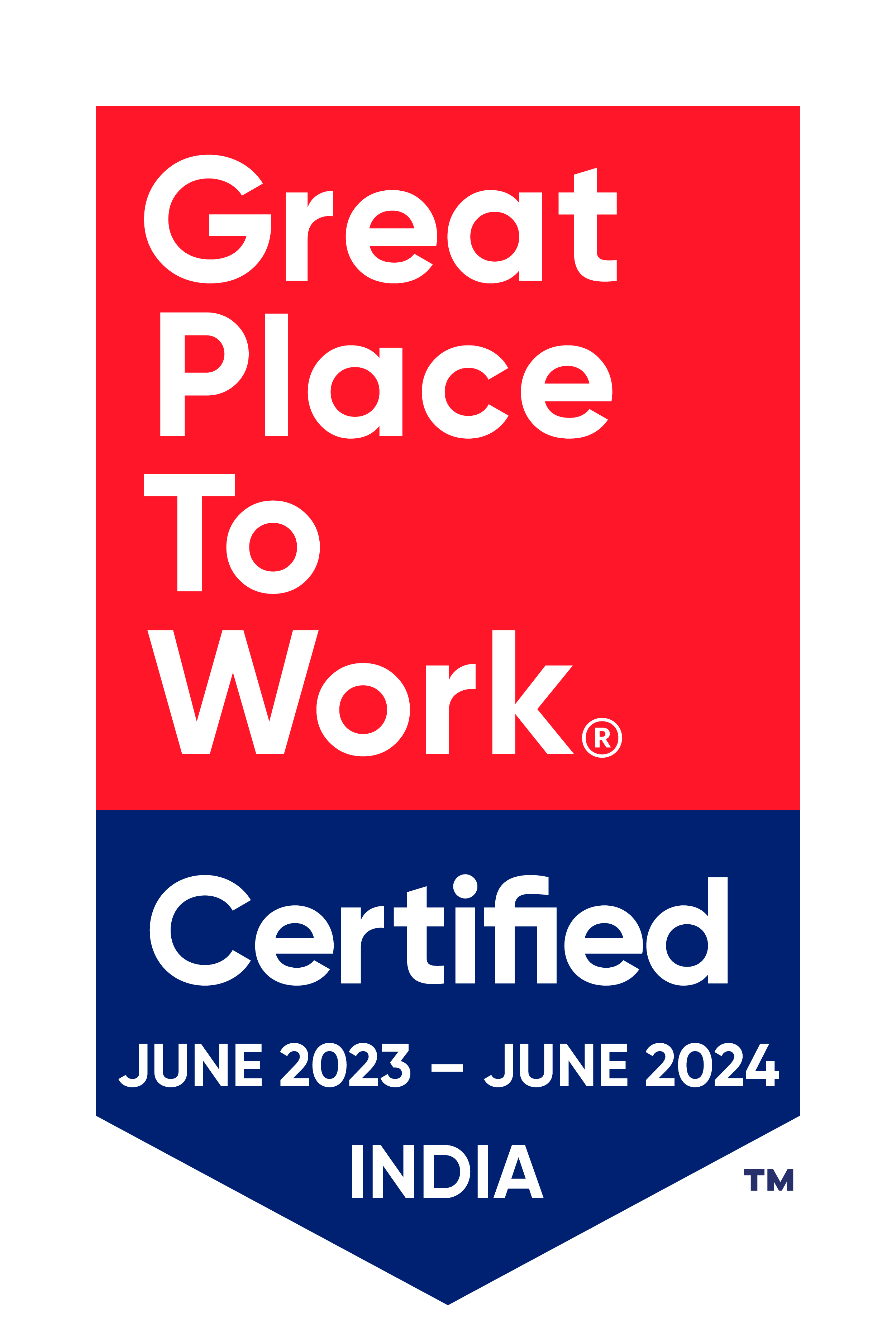Visakhapatnam: Vizag is set to become India’s medical technology capital, with the Andhra Med Tech Zone (AMTZ) and the Kalam Institute of Health Technology (KIHT) to come up in the city.
The AMTZ, which will be the country’s first full-fledged medical devices manufacturing zone, will take off in October, this year.
The zone will be bringing down healthcare cost in India significantly, as it would produce a range of medical devices, including the high-end ones such as CT scan, X-ray tubes, IV diagnostic devices, ECG, opthalmic equipment, heart and lung machines and ventilators.
“Today, India imports more than 75 per cent of the medical devices required. In the high-end segment, the imports are to an extent of 95 per cent, touching Rs 24,000 crore annually. Once they are manufactured locally, the cost of these devices will be lower, which will get reflected in healthcare costs,” Jitendar Sharma. CEO of AMTZ and health advisor to the AP government, told this newspaper.
The import dependency is about 85 per cent for products such as artificial dialysis apparatus & haemodialyser, defibrillator, lithotripsy equipment, ECHO, EEG, ECG, anaesthesia equipments, laparoscope and endoscope, 52 per cent for diagnostic imaging products like X-ray tubes, CT scan and MRI and 35 per cent for consumables like cardiac catheter, syringe, suture and dialysers. “We are even importing thermometers and X-ray films,” Mr Sharma pointed out.
The AMTZ, which will produce most of these devices, will have 240 units, 52 of which have already been booked by both foreign and Indian companies.
“Assuming that each of these units has a turnover of `50 crore, the total turnover would be Rs 12,000 crore, which is 50 per cent import substitution,” he explained.
To support the zone’s efforts, the new KIHT is also ready for inauguration. It will have a unique role in bringing out hundreds of prototypes gathering dust in medical research labs and health universities.
“We have identified at least 700 prototypes which can be made use of in the medical technology sector. We will be auctioning these prototypes and pay back the money to the respective institutions, while the industry gets to keep the product,” Mr Sharma, who is also the executive director of the institute, said.
The first round of auction, involving 25 prototypes, will be held in three months through the Indian Medical Devices Manufacturers Association, the executive director added.
 Skip to content
Skip to content


